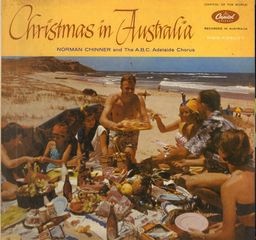Alan Ray recaps June’s Linguistics in the Pub.
The June Melbourne LIP discussed the vexed topic of translation, particularly in the context of endangered languages. The context for the discussion was provided by Evans and Sasse (2007) and Hellwig (2010). Present were linguists from Monash, Melbourne and La Trobe universities.
The first observation, supported by personal experience and the above references, was that the longer a linguist works with a language and its speakers, the greater appreciation there is for the complexities and subtleties of that language. The challenge is how to show that complexity. In a standard three line example of text, gloss and free translation, the last is where idiom and other complexity can be shown. Of course the free translation can also mislead as it does not directly reflect the exact text and there is frequently no transparency as to how the free translation was arrived at. There was support in the group that the process should be more transparent. For example, at times a fourth line should be added before the free translation; a literal translation which most accurately reflected the base text.
There was considerable discussion on the question of context; how to show it and how important it was. Various aspects of context such as discourse information, cultural knowledge, gesture and physical landscape could all be important in establishing meaning.
Read more
 Follow
Follow